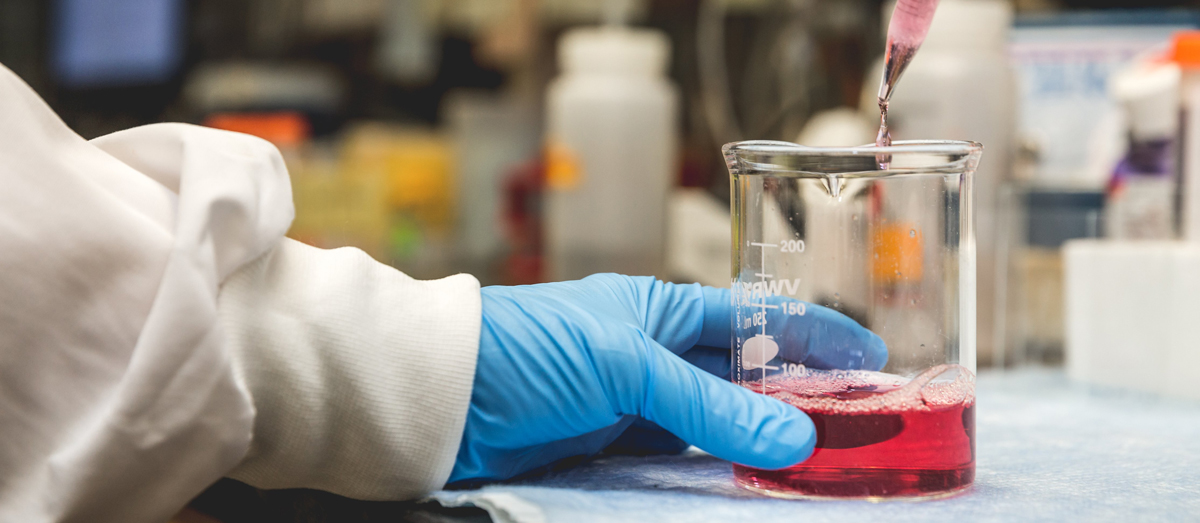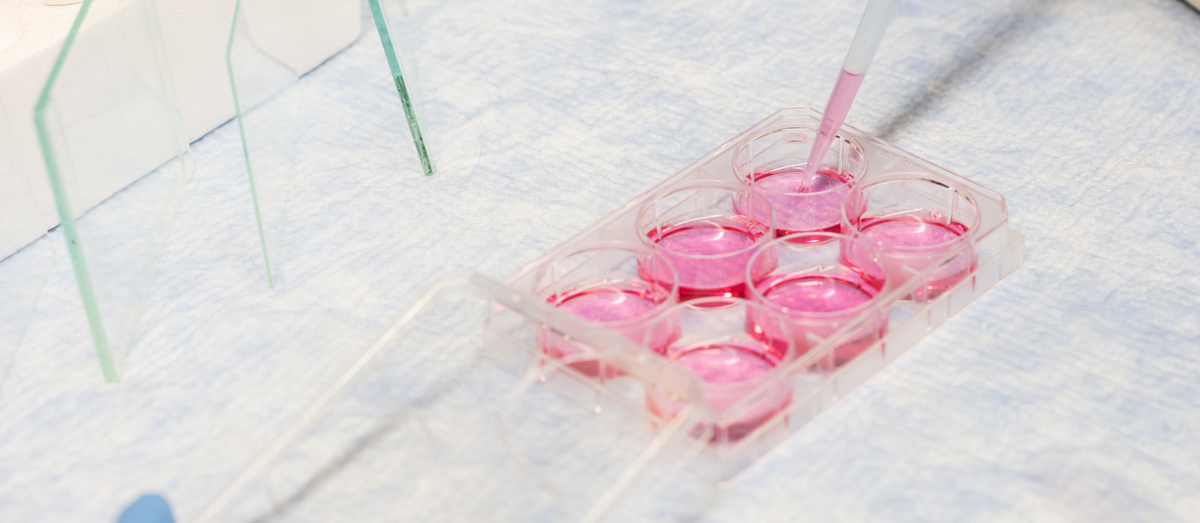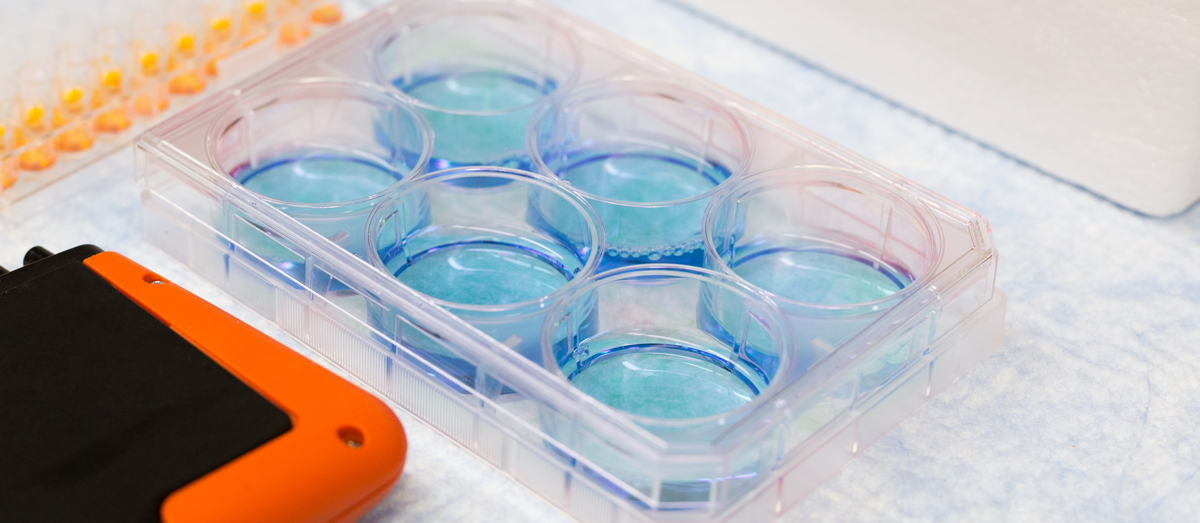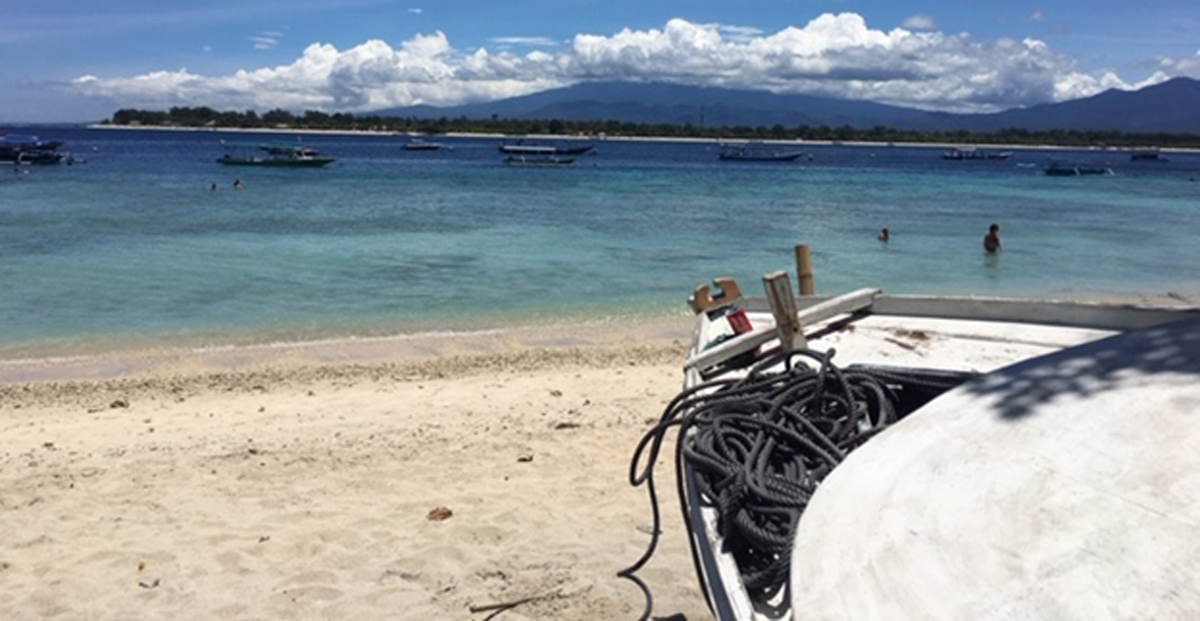Newsroom
#LabLifeLessons: Overcoming failure in science
Written by Jonathon Briggs from the Brumer lab, Michael Smith Laboratories
We have all had those experiments that theoretically should work but don’t or those projects that no matter what you do there seems to be no progress. Or endless protocol optimization that seems to go nowhere. Not to mention the endless fellowship or studentship applications that all come back unfunded.
Science is full of failure. But we persist, and occasionally if we make enough offerings to the science gods, we’re successful.
This article is not about how to succeed, but rather how to deal with failure when it’s happening and the light at the end of the tunnel that appears to be dimming with every experiment. This post is a collection of strategies I have found useful over my career or advice I have been given by colleagues over my time in research.
1. On experiments that just won’t work
The whole point of scientific research is finding out something new. There are no guarantees that your work will get results. This is always going to be true in all fields of research, and months or even years of work could basically go nowhere. There are things you can do to protect yourself from projects not working out.
Have a low stakes side project that you can fall back on for wins when a riskier main project is being uncooperative. Some bigger projects are marathons that require a lot of work over a long period so having a smaller project that you can run alongside for quick victories and morale boosts is always a good idea.
Sometimes the best move is to just drop a frustrating project and move on to something else. This is often difficult to recognize and I’m guilty of keeping a dead-end project going on for a little too long. It takes a great deal of experience to recognize a doomed project, but there is a point where it’s better to cut your losses and move on to something else. And remember, just because the project failed does not mean you are a failure.
Talking to others about your project is also really helpful. They can offer a new perspective and suggest a new strategy or just commiserate over a tough project. Having a community of colleagues and friends that understand what you’re going through and that can support you through the bad times can do a lot to take the edge off a difficult period in the lab.

Wait a second. That should have turned blue.
2. On applying for funding
Funding is difficult to get with a lot of competitions’ success rates being lower than 10%, but it is a reality of academic science, you have to convince someone who may not be an expert in your field that your ideas are worth thousands of dollars and that you are the right person to make a success of the work. Due to this challenge, it’s rare to be successful on the first attempt. However, I think that it’s important to keep that in mind when you’re working on an application. Even if your idea is solid, built on experience and established science, it may still not get funded because it’s not what the funding agency is looking for or they haven’t recognized its impact (although that can be because it was not explained properly in the application) or someone else just had a better idea this round. This year, I won a prestigious fellowship but what isn’t obvious are the six failed attempts at different fellowships over the two years prior.
My advice for anyone going through the application process is to not be put off by an unsuccessful application, but rather to see it as an opportunity for feedback and as a chance to practice writing grants, which is a skill separate from writing papers. I’d also add that it’s important to apply to all the calls you are eligible for and to manage expectations by keeping in mind that it’s unlikely to be funded. And good luck, just keep refining those ideas and keep trying.

OK, still not blue. What went wrong?
3. Don’t compare yourself to others
This is a difficult one that we are all guilty of doing regularly, I know I do it. We’ve all worked with someone who is getting all the results or papers or awards and it can be difficult to remember we’re all in the same position and just because you don’t see their failures doesn’t mean they don’t exist.

Blue! It worked! Now what does it mean?
4. Don’t take it personally
‘You are not your work’ and ‘don’t tie your self-worth to how well your work is going’ are probably the two best pieces of advice I was given during my PhD. And it’s true. It’s also often easy to link your mood to how things are going in the lab. That’s not to say you shouldn’t feel down when experiments are not working or feel good when you get good results, just keep in mind that research is not the end-all.
The best way I’ve found to do this is to have hobby that is completely outside of science. For me this is weightlifting, it’s difficult (and dangerous) to dwell on a bad result when trying to clean and jerk a 100+ kg barbell. Find something you can do regularly that requires your full concentration to keep thoughts about your experiments out of your head at least for a little while and to remind you that there is more to life than work.

5. Take a break
Research takes a long time. Which is a bit of an understatement. Everything takes a long time in research, which means it is more of an (ultra)marathon than a sprint. You’re going to be at this for a long time so take a break every so often and go on vacation, you get vacation time for a reason so use it! I’ve known too many researchers who have said ‘I haven’t had a real vacation in years’. Don’t be that person.
What are your strategies for overcoming failure in science? Join the conversation @ubcmsl with #LabLifeLessons.
_______
This article is part of the #LabLifeLessons blog series, a series that highlights the adventures of the PhD experience and beyond. Written by Postdoctoral Fellows at the Michael Smith Laboratories, this series includes a number of posts ranging from personal experiences, interviews, and stories, reflecting on the journey and extracting the learned lessons in the process. #LabLifeLessons focuses on these challenges and aims to bring an authentic voice to the story. If you enjoyed this story, check out the other articles below.
_______